The 5 Rules For Marketing Using Comedy
In a World where people are perpetually consuming content, brands feel the need to work harder than ever to cut through the fog.
Click here to read more »In a World where people are perpetually consuming content, brands feel the need to work harder than ever to cut through the fog.
Click here to read more »The winners of Comedy Crowd Chorts! 2020/21 contest, in association with BCG Pro, have been announced!
Click here to read more »The scenes from The Inbetweeners that most likely to come to mind are its gross out moments, such as Simon’s testicle doing the catwalk or Neil casually punching a fish to death. But it is not these moments that really define the show and in fact, as argued in this excellent video from ‘Full Fat Videos’, the puerile moments are only funny because of subtle character development throughout the series.
On the face of it ‘The Inbetweeners’ characters are all stereotypes but in certain understated, perfectly executed moments they are shown to be real people, not caricatures. It is these scenes that facilitate much of the comedy in the series. They provide a crucial authenticity – as viewers we believe they are all friends, and we believe and can relate to their relationships with each other.
As creators, if we can establish this authenticity, then the scope and effectiveness of comedic moments in our shows will be enhanced markedly.
For more articles and videos like this that get your creative juices flowing, plus a round up of all the latest comedy opportunities subscribe to our weekly newsletter here.
There are amazing opportunities for those interested in writing for children’s TV, but what puts many off is the perception that they would have to dumb down or simplify their writing.
Increasingly kids TV has moved away from the fairytale Disney story and character tropes towards a more nuanced style that blurs the line between children and adults. The standout example of a show that does this well is SpongeBob Squarepants. SpongeBob is a show that combines narrative styles in a fashion that delivers some of the moral messages you would traditionally expect, but does it with more than a nod to an adult audience too.
This Wisecrack video explores this idea further and could provide some inspiration as to how you could write for children’s TV without compromising your style.
For more insights on writing for Children’s TV check out our recent Q+A with ‘Horrible Histories’ writer Dave Cohen on Comedy Crowd TV (access for a whole year currently costs only £12)
For more articles and videos like this that get your creative juices flowing, plus a round up of all the latest comedy opportunities subscribe to our weekly newsletter here.
Sven Pape’s ‘This Guy Edits’ Youtube channel is a fantastic resource for editors, regardless of their level of experience. This video is aimed at those who are new at the craft, listing 7 tips that will have a huge impact on the quality of your work, including:
For more articles and videos like this that get your creative juices flowing, plus a round up of all the latest comedy opportunities subscribe to our weekly newsletter here.
‘More to That’ is a blog by Lawrence Yeo that uses simple, distinctive illustrations to craft thoughtful posts. Yeo describes himself as a visual storyteller, and in this post he explains how he takes an idea and creates a narrative journey in which visuals play a vital role. There are some brilliant insights in this guide including:
It’s a long piece but its packed with insight and inspiration for your next comedy project. Read it here.
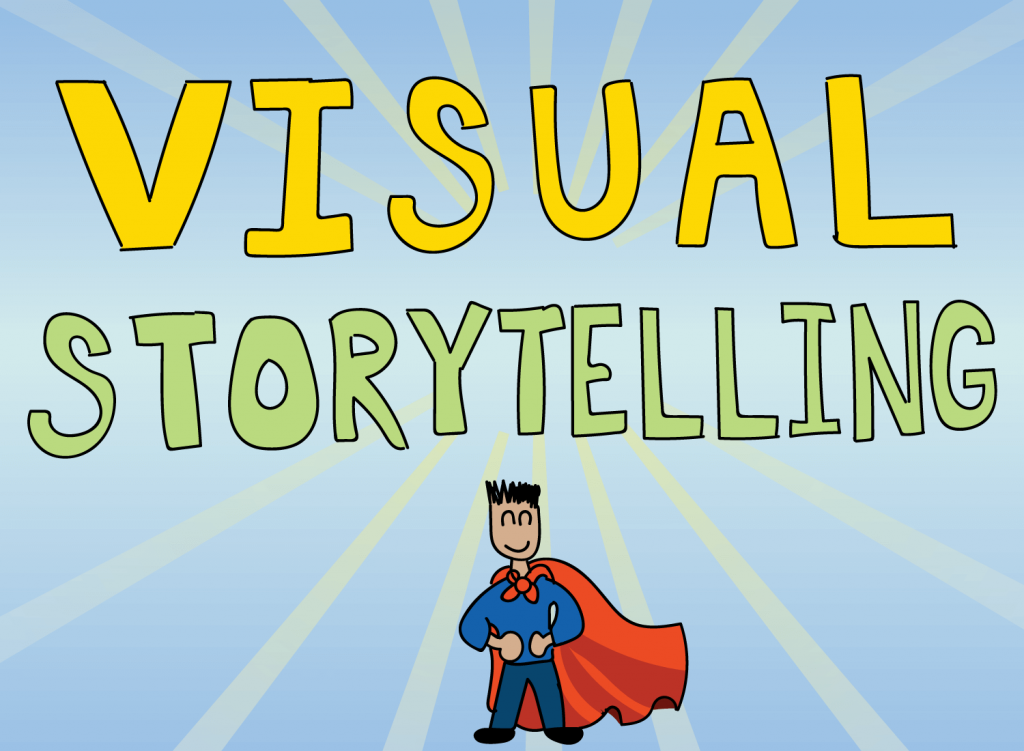
For more articles and videos like this that get your creative juices flowing, plus a round up of all the latest comedy opportunities subscribe to our weekly newsletter here.
Pixar have a rigid 22 rules of story telling that they apply to every project. In this video Youtuber KaptainKristian looks at one in particular:
‘Why must you tell THIS story? What’s the belief burning within you that your story feeds off of? That’s the heart of it.’
He argues that it is this rule that makes Pixar stories so deeply relatable. It is the driving force behind Pixar’s rich layered characters, particularly compared to some of their less nuanced Disney equivalents.
For more articles and videos like this that get your creative juices flowing, plus a round up of all the latest comedy opportunities subscribe to our weekly newsletter here.
In this series Youtuber ‘Nerdstalgic’ picks out an episode of a renowned show that encapsulates what it does best. The Simpsons is a particularly interesting case study, having departed so far from what used to make it great. Simpsons fan or not there’s lots for creators to learn from this analysis of the episode ‘Marge Versus The Monorail’ including how it:
For more articles and videos like this that get your creative juices flowing, plus a round up of all the latest comedy opportunities subscribe to our weekly newsletter here.
This is a really interesting and thought provoking video about why certain comedy shows lose their appeal over time. In picking out examples the creator, Renegade Cut YouTube Channel, hasn’t exactly gone high-brow (Dumb and Dumber, The Mask and Austin Powers feature strongly) but nonetheless there are some really interesting principles highlighted.
Using specific cultural references is clearly a surefire way to ensure eventual irrelevance, but perhaps most interesting for creators to consider is the fact that jokes depend on the element of incongruence and woven into that is the need for the audience to be surprised. So creators of comedy who aspire to be original and remembered need to be constantly looking at novel ways of structuring, framing and delivering their funny scenes.
For more articles and videos like this that get your creative juices flowing, plus a round up of all the latest comedy opportunities subscribe to our weekly newsletter here.

The Comedy Crowd TV 2020 Showcase, in association with BCG Pro, is our quest to find the best independent comedy to showcase at a special screening event the LOCO Comedy Film Festival at the BFI (initially scheduled for May but now postponed to Autumn). We were looking for submissions to fall into one of 4 categories – Music, Animation, ‘How to’ or Famous Faces.
We received a Comedy Crowd record 800 entries which were judged by a diverse panel of comedy fans drawn from our community. We’re delighted to announce the top 3 videos, which are available for you to watch now…
1st Place – Mini Cheddah
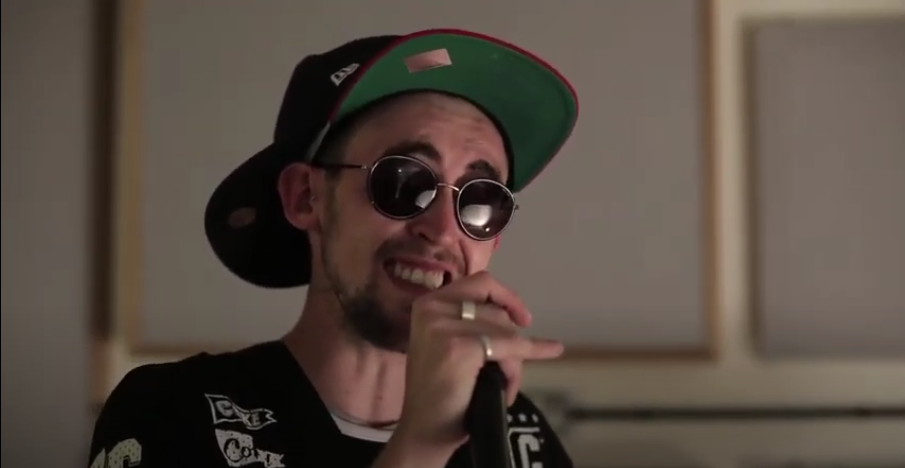
Scooping up the £250 prize and created by Laughing Stock, this is a brilliant musical sketch about the pitfalls of collaboration.
2nd Place – Chris Martin From Coldplay Heals The Sick
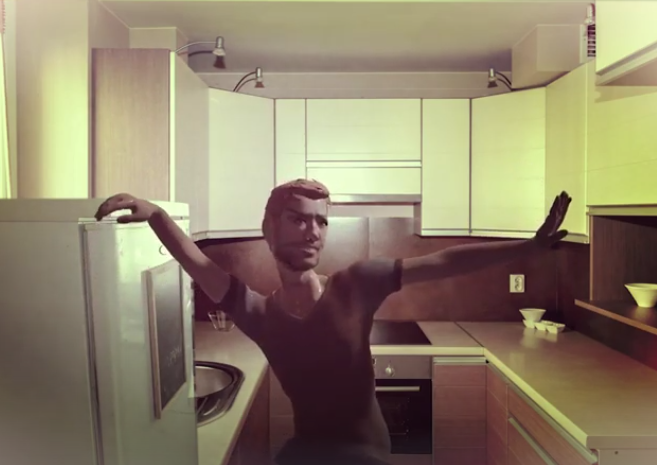
Ticking the boxes of music, animation, famous faces and then creating it’s own box that no-one has ever seen before. By Victor Hampson.
3rd Place – Jingle Bells, Batman Smells
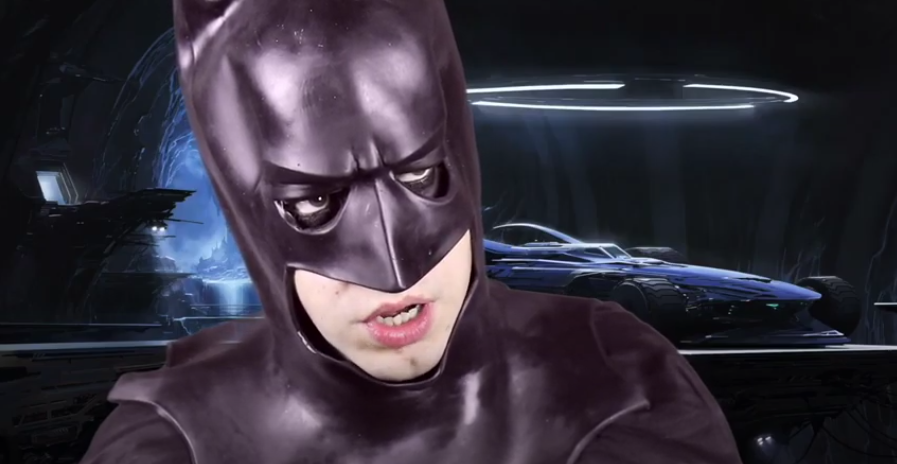
So goes the infantile adaptation of a Christmas classic, but Batman isn’t getting the joke. By Christian Jegard.
So there you have it! We can’t wait to share with you some of the fantastic entries that made it onto the shortlist. Suffice to say that independent comedy is alive and well. As soon as we have a date for the screening we will let you know.
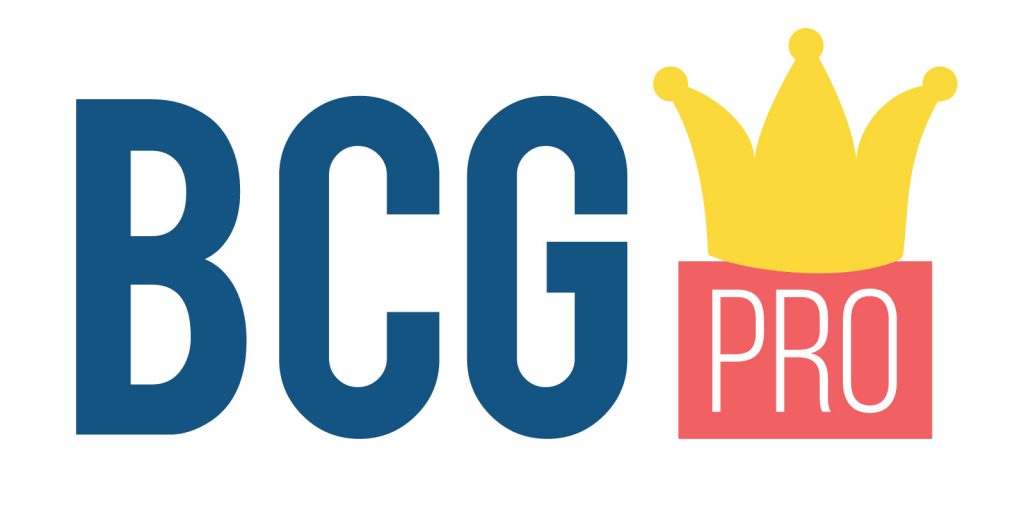
For this competition we were delighted to have the support of our friends at BCG Pro, the UK’s leading online platform for new, emerging and established comedy professionals. They provide tools and services for those looking to advance their career in comedy on stage, screen, radio or behind the scenes. Visit comedy.co.uk/pro and enter the unique discount code ‘ComedyCrowd’ on the join page to get £5 off your first year’s membership.
To get a Monday update on the latest comedy opportunities, plus a weekly dose of creative inspiration sign up to our newsletter here
Balancing Acts is our partner podcast, created and hosted by comedy writer, performer and director Steve Whiteley.
Each week Steve sits down with successful creatives to discuss their journey, explore how they find a sense of balance (or not) between their careers and everyday life and looks at strategies they use to unlock their creativity.
There is always someone who has been through what you’re going through now, and through this podcast you can learn so much from the experiences of other creatives. Here are our 3 favourite episodes (check out the full list here).
Mark O’Sullivan

Mark is an actor, writer, director, producer and co-creator of the Channel 4 sitcom ‘Lee and Dean’. In this episode you’ll learn:
Zara Symes

Zara is an actress and writer. In this episode she talks in detail about her experience of hustling and pitching a script:
Khyan Mansley

Khyan is an actor, writer and director who started his career as a Youtuber. He went on to create a short film called ‘The Ministry’ which led to a US sitcom script commission. In this episode he talks about:
Like content like this? To get a Monday update on the latest comedy opportunities, plus a weekly dose of creative inspiration sign up to our newsletter here
Dan Harmon is the creator of ‘Community’ and ‘Rick and Morty’, so when he speaks it’s worth paying attention. In this hilarious talk (filmed in 2014 but more relevant than ever) he speaks directly to comedy writers, appealing to them to find their distinct voice and explains that it’s their duty to find out where it can be put to use. He covers a range of topics that are really resonant to independent creators including: